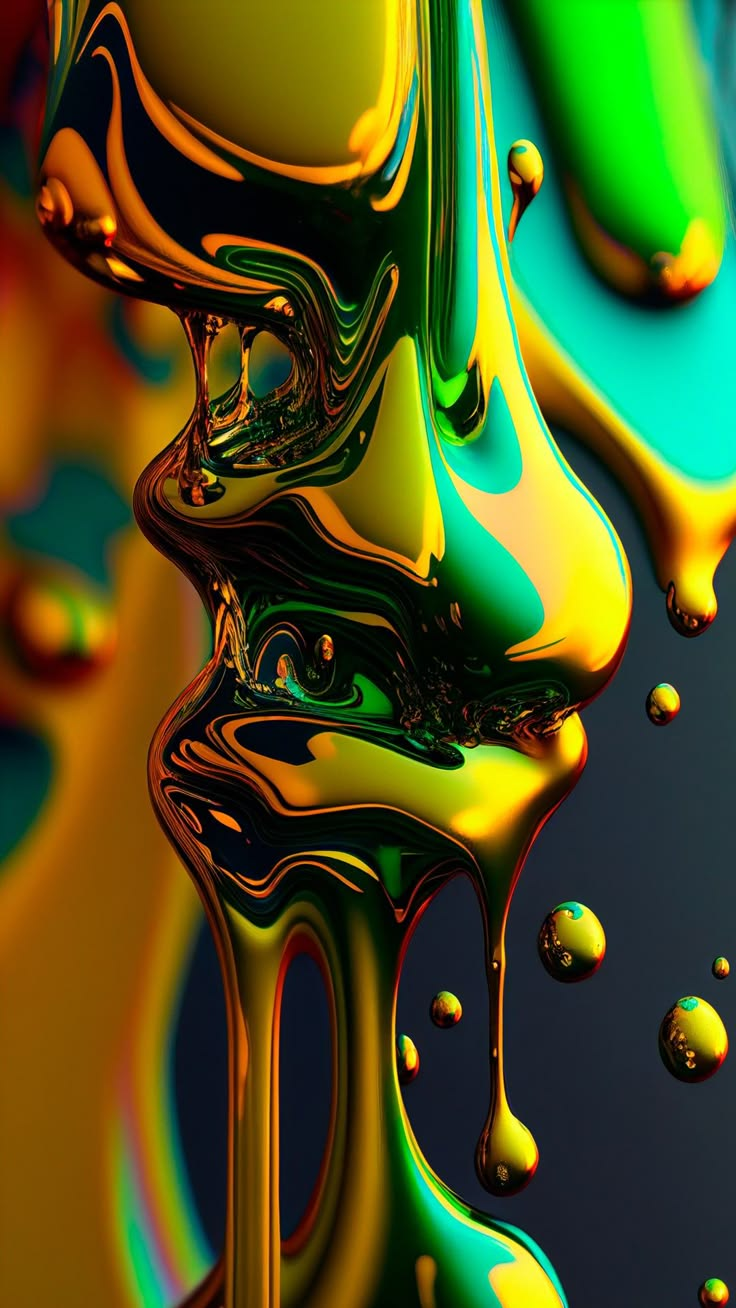Besides the enchanting promise of healing, psychedelics have been romanticized for years through music & art culture, as a gate to elevated states of consciousness. John Lennon, Jim Morrison, or Hendrix, to name a few.
Psychedelics profoundly influenced all-time classics and shaped the sound of music to this day. Associated with a more experimental sound, new recording techniques, and an edgy atmosphere of surrealism and transcendence – it was revolutionary. I’m all in for innovative, complex, and unconventional directions. Groundbreaking creativity is something to be embraced.
As we all know, ‘plant medicine’ was first used in a spiritual context and religious practices, mostly by indigenous cultures. The so-called psychological exploration is a relatively new addition.
In the Western world, before the storm of recreational use, psychedelics were first explored as a potential treatment for mental health conditions, and were used in psychiatric research throughout the 1940s and 1950s.
The assumption that psychedelic drugs are to be used to heal our minds remains to this day. In the past few years, we can see the renaissance of psychedelic research highlighted in many places in mainstream media. Beyond the desire to touch mystical experiences, people are drawn to it in the hope of healing depression, anxiety, addictions, or gaining better self-awareness and inner clarity.
The ideas of therapeutic effects of psychedelics for mental health are divided into two main ones: One is about the development of medications that are meant to be taken on a daily basis. This path is not so far from the way SSRIs are currently used. In fact, there is now a multi-billion-dollar industry surrounding these psychedelics, with a number of companies moving it along the FDA pathway, looking for potential medical approval.
The second option is about fewer, monitored experiences—can be one, two, or three—which are all accompanied by an experienced therapist. In this way, some people reported an ability to change profound things in their lives after seeing things from a different view for the first time through their psychedelic trip—such as reframing PTSD or being able to shake off stubborn addictions.
Then there is also the increase of personal and social use.
There is an ongoing conversation about increased neuroplasticity and new connections forming in the brain. Even about psychedelics as our route towards optimal self-actualization as humans. There are also interesting claims such as ‘People feeling the light of God shining through them, also in the weeks and months after the end of the experience.’ All sounds pretty fascinating, doesn’t it?
But what could this dialogue be missing out on?
First of all, in the case of self-medicating, a microdose never ends as a microdose. Rarely. A small taste may open people’s appetite for more. And even if at some point they find their “right mini-dose,” it is likely that they’ll get there after experimenting with their upper limits.
There is also the risk that while you either microdose daily on your own, or take your daily dose of prescribed psilocybin-based medication (when it becomes available), or even when seeing mood improvements for several months after a single experience—since you are now generally feeling good—you are less in touch with your real default mode, and convinced you’ve figured it all out. This conception is risky because while you are walking on clouds, underlying stuff is still there, and might slowly get worse.
It is not going to magically supercharge your liver, clean your brain from environmental toxins, strengthen your adrenals, or make your immune system function better to fight off viruses & bacteria. It is not going to improve your gut health either, or do anything about deficiencies. All of these elements are crucial when talking mental health, and I can’t think a deep solution can come in a form that is not addressing all of the above.
Saying that, I do acknowledge that it aids many people in more ways than one.
All I say is this: If you go back from your psychedelics to your morning coffee—something is missing. If there are still toxic metals in your brain—something is missing. Those things are taking away from your intuition and connection to your true self.
And in that sense, the adoption is not as groundbreaking as it is painted to be. The root causes of suffering are still covered up, there is no institutional understanding of how massively influential our body is on our psyche, and no one is really taking into consideration what the industrial revolution has to do with it all.
What if you are already doing it—and it feels good? You’re seeing great benefits? You do you. Just be aware of the whole picture. With any sort of mind-lifting hacks, it’s not as easy to get in touch with how things really are. Because you’re getting by. Life’s good. But the underlying problem is still there—and I don’t mean an unresolved trauma. On a biochemical level—your body might be calling for another type of intervention.
It’s really easy to get mixed up in all directions of alternative healing measures. It is tempting to try new things—especially with such a mystical hype. Experiment. Go on a journey. But I encourage you to go down to basics, which are a rich universe of many varying factors and important details.
Before we go on with mind-altering substances, why not bring back our brain to its natural equilibrium? It’s time to bring the power back home.
If we don’t properly and consistently detox and nourish the body, we have a huge missing link. Papayas, apples, parsley, celery, onions, cherries, blueberries, spinach—are all the purest forms of plant medicine. Medicine that can influence our psyche in a way that is second to none.

Be The First To Comment